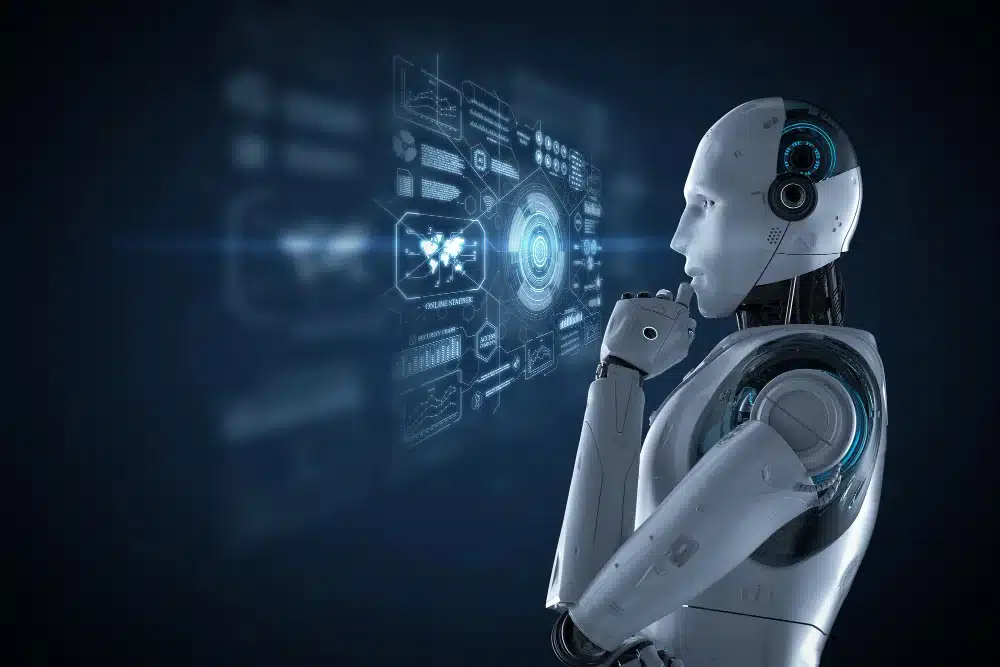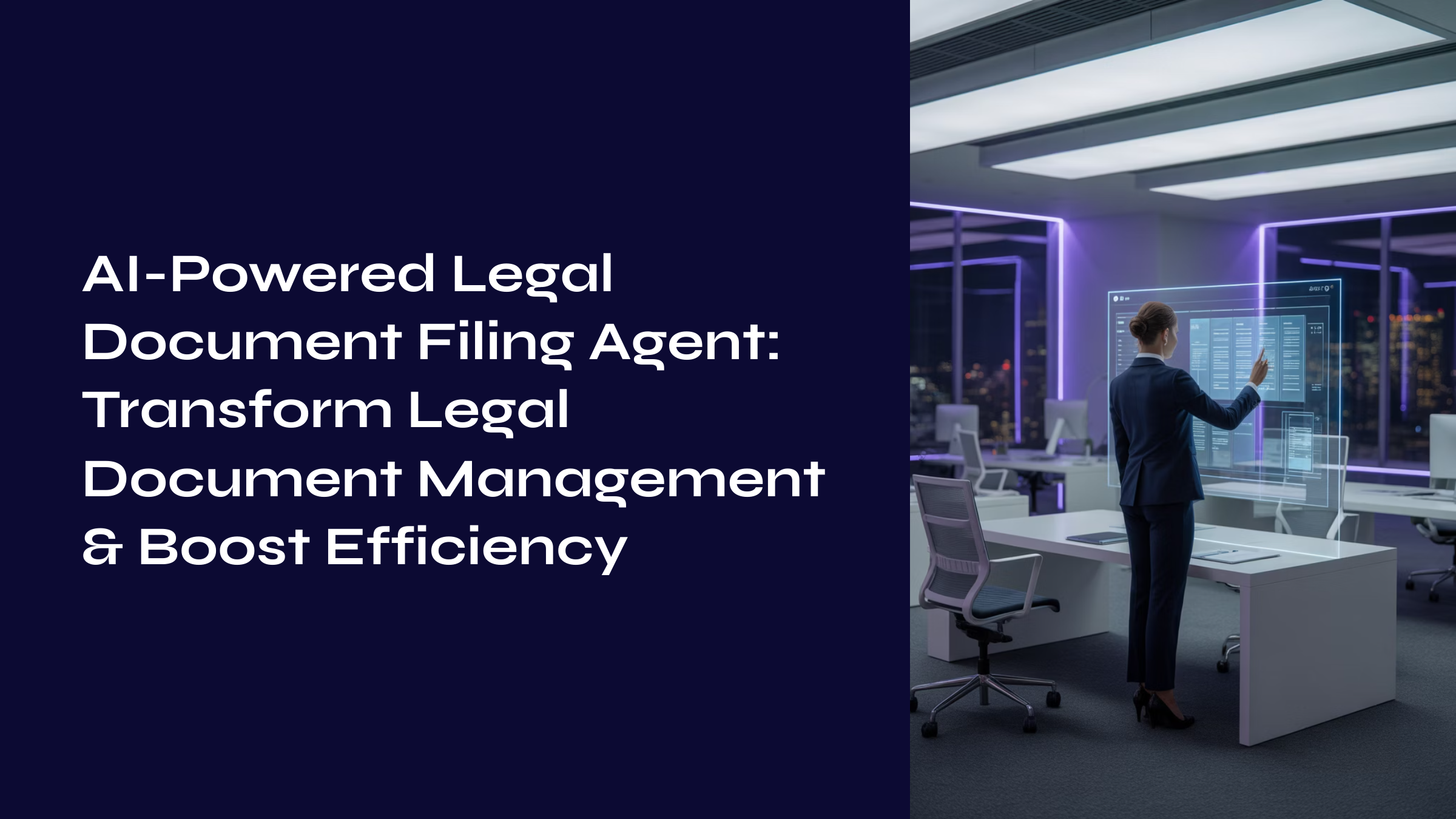Introduction
Manufacturers are experiencing a significant transformation, driven by the power of generative AI. This cutting-edge technology is revolutionizing how tools are created and optimized, allowing manufacturers to explore designs that were once impossible using conventional methods. By harnessing generative AI, companies can now enhance precision, reduce material waste, and streamline production processes. As a result, the manufacturing landscape is being reshaped, leading to faster innovation cycles and improved efficiency across the board. This shift is enabling manufacturers to stay competitive while delivering superior products.
The Role of Generative AI in Manufacturing
Generative AI refers to advanced algorithms capable of creating new designs, solutions, or models based on input parameters. By analyzing historical data and recognizing design patterns, these algorithms generate optimized tool designs that meet specific criteria like performance, durability, cost-efficiency, and material usage. This technology is transforming how manufacturers create tools for machining, molding, and other precision processes, enabling them to explore innovative solutions that traditional methods might overlook.
Key Applications of Generative AI in Tool Creation
- Design Optimization: Manufacturers are leveraging generative AI to optimize the design of their tools, including cutting tools, injection molds, and precision components. AI algorithms evaluate parameters such as material properties, weight, and durability to produce more efficient and cost-effective designs. This technology proves especially beneficial in industries where high precision and durability are essential, such as automotive and aerospace manufacturing.
Generative AI can, for example, propose a modified design that reduces material usage while maintaining strength, ultimately cutting costs and improving production efficiency. - Rapid Prototyping: Traditional prototyping can be time-consuming and expensive. Generative AI dramatically speeds up this process by quickly generating multiple design iterations, allowing manufacturers to test designs virtually before creating physical prototypes. This reduces both time-to-market and prototyping costs, enabling companies to bring new tools to production faster.
- Customization for Specific Use Cases: Generative AI enables manufacturers to produce highly customized tools tailored to specific production needs. This level of customization is especially crucial for industries like medical devices and electronics, where specialized tools are required to meet precise specifications. AI-generated designs can be fine-tuned to optimize performance in specialized applications, ensuring improved results and higher-quality outputs.
- Predictive Maintenance and Longevity: Beyond creation, generative AI also plays a key role in optimizing the lifespan and maintenance of manufacturing tools. AI can analyze data from production environments to predict when a tool is likely to wear out and recommend preventative maintenance measures. This helps manufacturers avoid costly downtimes and extend tool life through smart, data-driven adjustments to tool designs.
Check out our blog on how Manufacturing Can Minimize Downtime and Boost Productivity with Predictive Maintenance and Machine Learning
Benefits of Generative AI in Manufacturing
- Efficiency Gains: Generative AI dramatically improves design efficiency by automating complex processes. Manufacturers can reduce production times, streamline workflows, and optimize material use, resulting in faster, more efficient production cycles.
- Cost Reduction: AI-generated tool designs can minimize material waste and reduce the number of iterations needed during the design process. By cutting unnecessary materials and maximizing production efficiency, generative AI helps reduce overall costs in tool creation.
- Fostering Innovation: Generative AI allows manufacturers to explore a vast range of potential designs, including complex geometries that were previously difficult or impossible to achieve. This capacity to rapidly iterate new designs accelerates innovation and empowers manufacturers to push the boundaries of what’s possible in tool development.
- Sustainability: As sustainability becomes increasingly important in manufacturing, generative AI supports efforts to reduce environmental impact by optimizing material usage and energy consumption. AI-driven designs can achieve higher performance with less waste, contributing to more eco-friendly production methods.
Real-World Applications of Generative AI in Manufacturing Tool Creation
Generative AI has been embraced across a range of manufacturing sectors, from aerospace to consumer goods. Leading manufacturers are using this technology to optimize molds, fixtures, and assembly tools, achieving higher levels of precision and performance than ever before.
In one example, a leading aerospace company used generative AI to redesign a composite material mold used in the production of aircraft components. By optimizing the design, they were able to reduce the mold’s weight, increase durability, and cut production time—all while maintaining stringent safety and quality standards. In another case, a major automotive manufacturer applied generative AI to improve machining tools, enabling faster and more efficient vehicle production. The AI-driven designs not only optimized the tool geometry but also improved energy efficiency on the production line, contributing to overall cost savings.
Challenges and Considerations for AI-Driven Tool Creation
While the advantages of generative AI are clear, its implementation does come with challenges. Key considerations include:
- Data Integration: AI systems require access to large datasets for training and optimization. Integrating data from legacy systems and ensuring data quality can be challenging for some manufacturers.
- Expertise: Generative AI requires specialized knowledge, both in terms of AI technology and in the manufacturing processes being optimized. Companies must invest in the right talent to fully harness the potential of AI.
- Initial Investment: Though generative AI can drive long-term cost savings, the initial investment in AI infrastructure and training may be a barrier for some companies.
The Future of Tool Creation with Generative AI
Generative AI is expected to play an even more prominent role in the future of manufacturing. As digital twins and self-optimizing tools become more advanced, manufacturers will be able to simulate entire production lines and fine-tune tools in real time. The ability to autonomously create and optimize tools based on real-world data will lead to unprecedented levels of efficiency, driving innovation and creating a competitive edge.
advansappz: Your Partner in Manufacturing Innovation
Revolutionize the manufacturing landscape through the power of Generative AI. Our team of experts collaborates with manufacturers to implement cutting-edge solutions that enhance innovation and drive operational efficiency.
We specialize in:
- AI-Driven Tool Creation: Design and develop advanced tools that meet the evolving needs of the market.
- Optimized Tool Performance: Enhance tool design for peak performance while ensuring sustainability.
- Seamless Integration: Incorporate AI solutions into existing systems to maximize productivity without disruption.
- Expert Consultation: Provide tailored insights and strategies to future-proof manufacturing processes.
Partner with us today to discover how we can transform your tool creation process, keeping you competitive in a rapidly changing industry.
Frequently Asked Questions (FAQs)
- What is generative AI, and how does it apply to tool creation in manufacturing?
Generative AI uses algorithms to design optimized tools, making it possible to create innovative and efficient designs that traditional methods cannot achieve. - How can generative AI improve tool performance?
Generative AI can analyze multiple factors, such as material properties and usage scenarios, to create tools that are lighter, stronger, and more efficient. - Is integrating AI into our existing manufacturing processes difficult?
With the right expertise, integrating AI can be smooth and cost-effective. Advansappz provides seamless integration solutions tailored to your infrastructure. - What are the cost benefits of using generative AI in manufacturing?
Generative AI reduces material waste, accelerates production times, and enhances precision, all contributing to lower costs and improved efficiency. - How can advansappz ensure my tools are future-proof?
Our AI-driven strategies focus on long-term performance and adaptability, ensuring that your tools remain efficient and competitive as technology evolves.
Discover more about our Generative AI Services
















